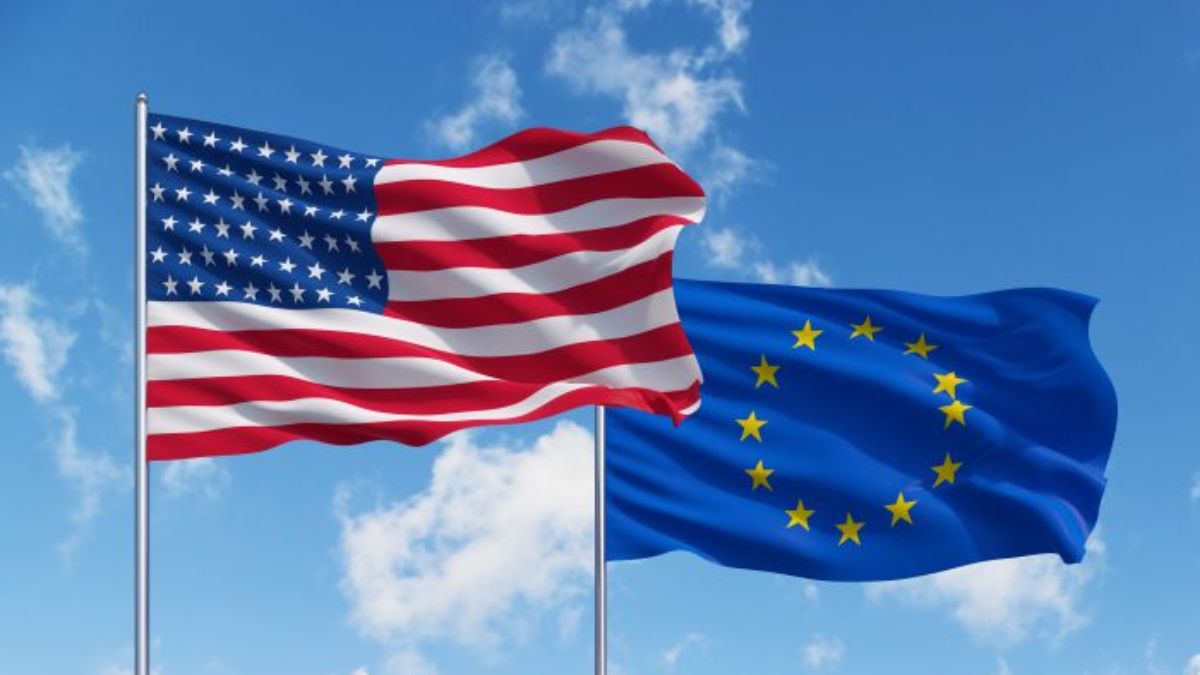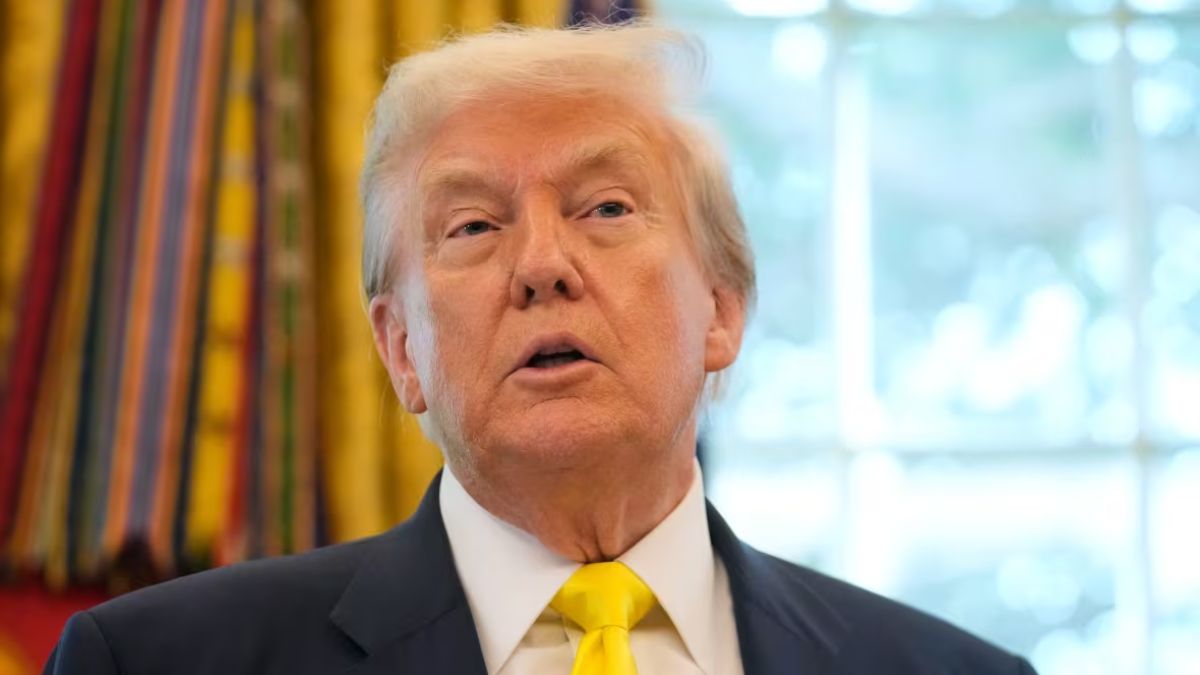A new trade agreement between the United States and the European Union (EU) has sparked criticism in Europe. The deal, announced on Sunday, sets a 15% tariff on most EU goods imported into the U.S. This comes just days before a planned 30% tariff was to take effect on August 1.
European leaders say the deal favors the U.S. and leaves Europe at a disadvantage. They call the agreement “unbalanced” because the EU had to reduce tariffs and make concessions while the U.S. gains more control.
Some products, like aircraft parts and chemicals, are exempt from tariffs. Auto imports will face a 15% tariff instead of a higher rate. The deal also includes agreements for the EU to buy more U.S. energy and increase investments.
Economists note that while the deal stops a worse tariff increase, a 15% tariff is still much higher than before. There is also uncertainty about how the steel and pharmaceutical industries will be affected.
German Chancellor Friedrich Merz said the EU protected its main interests but hoped for easier trade terms. France’s European Minister Benjamin Haddad called the deal “temporary” and “unbalanced.”
Experts say the deal benefits the U.S. more in the short term. Some believe U.S. President Trump will claim it as a victory, even if the long-term impact may not be favorable for either side.
The EU could have pushed for a better deal by standing firm or working with other countries. But many say the EU’s economic reliance on the U.S. and security concerns limited its options.
Overall, the new trade deal prevents a tariff war but leaves Europe cautious about its future trade position with the U.S.











